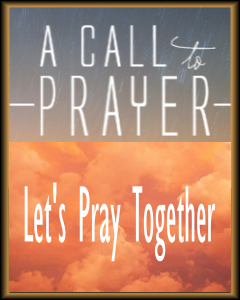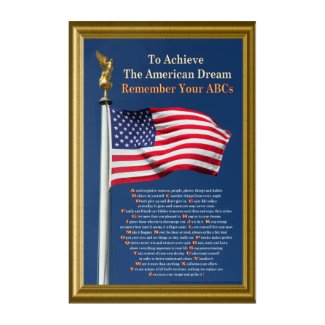Brought to you courtsey of Ben Swann.
Japan, April 21, 2015 – Just one week after U.S. lawmakers reached an agreement on a bill that will give President Obama “fast-track authority” to negotiate the completion of the trade deal, critics and supporters are working to get their message heard by the president. Although President Obama is calling upon Congress to pass the bill quickly, critics say the bill will only give lawmakers a yes-or-no vote on the deal and limited ability to affect the actual terms of the deal.
The TPP is one of the largest trade agreements in history, involving the United States, Australia, Brunei, Canada, Chile, Japan, Malaysia, Mexico, New Zealand, Peru, Singapore, and Vietnam. The nations have been negotiating the deal since 2005, with global resistance growing since 2012.
According to Reuters, on Tuesday 300 business groups from across the U.S. sent a letter to Congress, calling upon lawmakers to pass the fast track bill. The business groups said: “To realize the potential of these agreements for U.S. jobs, economic growth and competitiveness, Congress must pass Trade Promotion Authority.”
The letter comes as Japan and the United States work to reach an agreement on the specific terms of the deal. The two nations have been holding bilateral ministerial talks in Japanattempting to iron out differences over agricultural products and the auto industry. The two nations are hoping to negotiate an agreement satisfactory to both sides before Prime Minister Shinzo Abe meets with President Obama in Washington on April 28. On Thursday negotiators from the 12 nations will meet in Maryland to attempt to finalize the deal.
Greatest Trade Deal in History or a Corporate Coup?
The critics of the TPP come from a wide spectrum of activists, doctors and religious leaders. The most-cited issue with the trade deal is the granting of authority to international tribunals which will have the power to override court rulings within the individual nation states.
As the trade agreement nears completion both the Anglican and Catholic churches of New Zealand are demanding the government be more transparent about the negotiations. Radio NZ reports that bishops from the churches are concerned with the lack of openness and that corporate interests are influencing the agreement while the people are being excluded. The churches also called on the New Zealand government to make the draft text of the agreement public.
In early February, doctors and health professional representing seven countries released a letter warning that the TPP will lead to higher medical costs for all nations. The letter, published in The Lancet medical journal, states that, “Rising medicine costs would disproportionately affect already vulnerable populations.” The doctors called on the governments involved in the trade deal to publicly release the full text of the agreement. They also demanded an independent analysis of the impacts on health and human rights for each nation involved in the deal.
Also in February, an analysis by The Washington Post revealed the US government’s numbers on expected job increases from TPP are not factually correct. The Fact Checker examined several quotes from government officials, including Secretary of State John Kerry, and Secretary of Agriculture Tom Vilsack. Both Kerry and Vilsack claimed the international trade agreement would create 650,000 new jobs. However, these numbers do not take into account income gains and changing wages. According to the government own sources imports and exports would increase by the same amount resulting in a net number of zero new jobs.
Over the weekend thousands of people rallied in Germany to oppose the Transatlantic Trade and Investment Partnership (TTIP), a similar trade deal to the TPP. Protesters gathered across Germany on Saturday to protest the upcoming trade deal between Europe and the United States. Critics fear the deal will erode sovereignty and endanger multiple industries, including health and technology. Supporters of the deal say it would bring $100 billion annually for both sides of the deal.
Reuters reports that, “a recent YouGov poll showed that 43 percent of Germans believe TTIP would be bad for the country, compared to 26 percent who see it as positive.”
In 2014 a poll conducted by the Pew Research Center found that 55 percent of Americans believe the TPP is a good thing. However, the Electronic Frontier Foundation believes that Americans will not support the agreement once they are properly educated. Wikileaks has released several documents from the TPP which they say show the true intentions of the trade deal. (check here and here.)
Let's just give the Terrorist-in-Chief fast track authority... what could possibly go wrong? More info and links, below.







